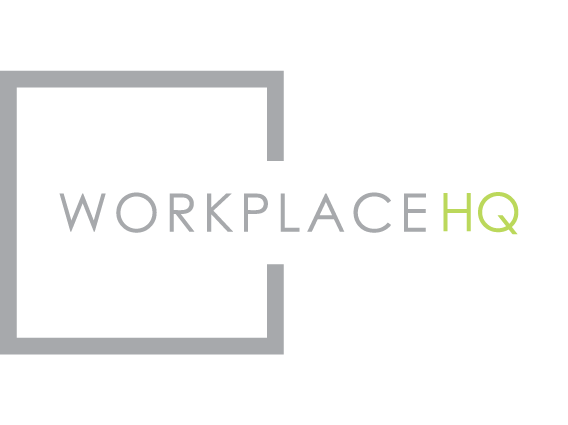Social media in the workplace
![]()
For many small-to-medium business owners, social media and its ever-increasing number of platforms and users, can feel like a minefield. Whether your business has a social media presence or not, the chances are your staff do, which makes clear and comprehensive policies and procedures essential.
Instructing your employees on what are acceptable online practices should now be just as much a component of workplace induction as health and safety.
Examples of online behaviour which could have a deleterious impact on businesses include: an employee posting an inappropriate comment about another employee, an employee taking a ‘funny’ photo of another employee at work and posting it on social media with your company logo clearly displayed in the image, a disgruntled ex-employee posting disparaging comments, and employees sharing stories or images that may conflict with your company values.
Managing the blurred lines between what is private and not in the domain of work, and what has the potential to become a workplace issue, is a challenge for all businesses. Whilst we may be able to discipline or even terminate an employee for their poor choices, the fact remains, the damage is often done. The adage ‘bad publicity is better than no publicity,’ doesn’t really ring true in these situations.
What are the main considerations for your social media policy?
It is highly recommended that you review your workplace social media policy at least annually to keep pace with the rate at which social media is changing and infiltrating all aspects of our daily lives.
Your policy should be clear on what social media actually is, but broad enough to ensure the policy covers off on sites that may not be listed, e.g. Facebook, LinkedIn, blogs, Twitter, etc.
Be clear in your policy on what behaviour is not acceptable, including any action that may hurt the company’s reputation or that of its clients or employees. This may extend to expectations outside of work hours and the workplace.
It is important also to include the company’s stance on social media activities during company time, unless it is a requirement of an employee’s job, it can impact productivity greatly. Also, how you monitor and undertake surveillance across the business is important to include in your policy so all employees are aware of how their activities may be surveyed.
Be clear on what is acceptable behaviour e.g. using social media during designated breaks. Consider the use of personal devices e.g. smart phones, where recordings, videos and photos can be taken easily in your workplace and used in social media without your authorisation.
Furthermore, consider whether you are comfortable for employees to state where they work in their profile or bio information on their social media pages. Include the risks of social media and how certain actions can lead to significant consequences, whether deliberate or not.
Finally, you must ensure all employees, contractors and volunteers have access to your social media policy and that they understand their obligations and the potential consequences of breaching your policy.

